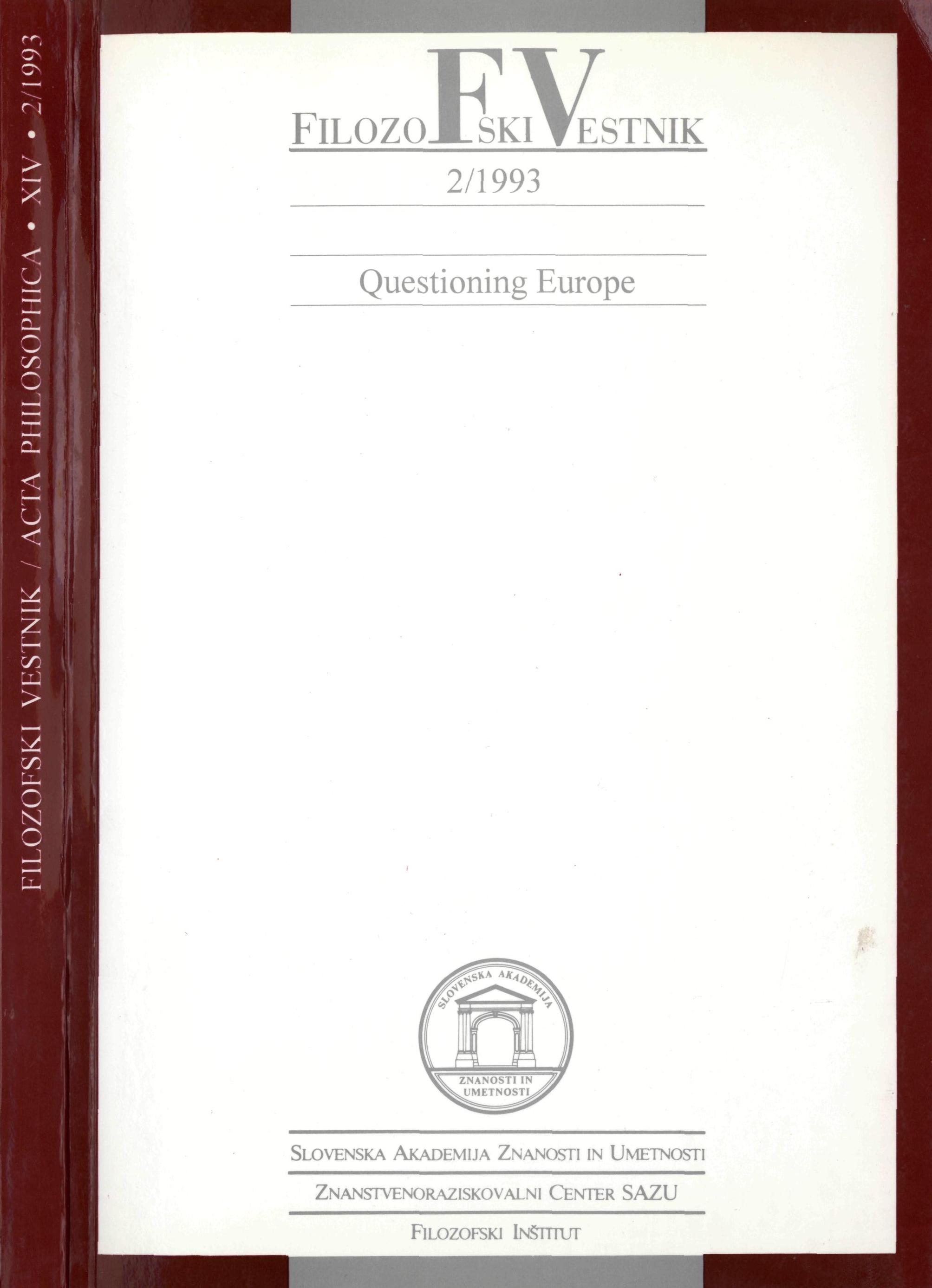NAROBNA STRAN E VROPE
Povzetek
Temeljna teza članka je, daje bila jugoslovanska država produkt ideološke sinkrezije, ki se je elaborirala skozi ideološko evolucijo evropskega XIX. stoletja, in da v tej sinkreziji dominirajo »romantične« vizije preteklosti in zgodovinskega poslanstva ljudstev, kakršne so znane najprej iz pangermanskega kroga, nato pa še iz panslovanskega, ki je v prvi vrsti nekoliko popačena zrcalna reakcija na prve. Gre za ideologije iz skupine Blut und Boden, katerih temeljna značilnost sta etnični ekskluzivizem na rodovni podlagi in ksenofobija. Jugoslovanstvo ima potemtakem bolj malo opraviti s proletarskim internacionalizmom, toliko več pa s poskusom, da bi etnonacionalizme majhnih skupin v imenu »slovanske ideje« akumulirali in spojili v ideologijo nacionalne države, to pa naj bi povzročilo formiranje jugoslovanske »nacije«. Oba referenčna zgleda - Prusija in Piemont- sta sicer bila napačna, a nekaj časa navzlic temu učinkovita, zlasti zato, ker so vojaški zmagovalci iz obeh svetovnih vojn za to učinkovitost poskrbeli.Prenosi
Podatki o prenosih še niso na voljo.
Prenosi
Objavljeno
2016-01-21
Kako citirati
Rotar, B. (2016). NAROBNA STRAN E VROPE. Filozofski Vestnik, 14(2). Pridobljeno od https://ojs.zrc-sazu.si/filozofski-vestnik/article/view/3867
Številka
Rubrike
Articles
Licenca
Avtorji jamčijo, da je delo njihova avtorska stvaritev, da v njem niso kršene avtorske pravice tretjih oseb ali kake druge pravice. V primeru zahtevkov tretjih oseb se avtorji zavezujejo, da bodo varovali interese založnika ter da bodo povrnili morebitno škodo.
Podrobneje v rubriki: Prispevki





